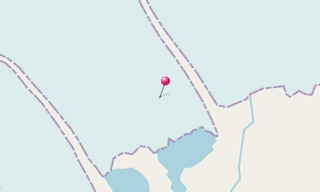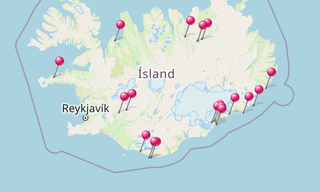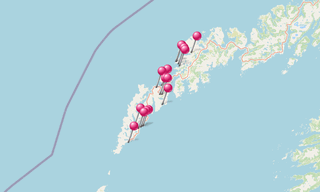Glacier caves are caves formed within the ice of a glacier and are often called ice caves. The glacier caves are started by water running through or under the glacier. This water originates on the glacier’s surface through melting, entering the ice at a moulin and exiting at the glacier’s snout at base level.
Some glacier caves are formed by geothermal heat from volcanic vents or hotsprings beneath the ice. An extreme example is the Kverkfjöll glacier cave in the Vatnajökull glacier in Iceland, measured in the 1980s at 2.8 km long with a vertical range of 525 m.
These glacier caves are relatively unstable due to melting and glacial motion, and are subject to localised or complete collapse, as well as elimination by glacial retreat.

-Vatnaj%C3%B6kull.hero.landscape.jpg?w=1600)

-Vatnaj%C3%B6kull.jpg?w=256)
-Vatnaj%C3%B6kull.jpg?w=256)
-Vatnaj%C3%B6kull.jpg?w=256)
-Vatnaj%C3%B6kull.jpg?w=256)
-Vatnaj%C3%B6kull.jpg?w=256)
-Vatnaj%C3%B6kull.jpg?w=256)
-Vatnaj%C3%B6kull.jpg?w=256)
-Vatnaj%C3%B6kull.jpg?w=256)
-Vatnaj%C3%B6kull.jpg?w=256)
.hero.jpg?w=320)

-(121).hero.jpg?w=320)

.hero.jpg?w=320)
.map.png)